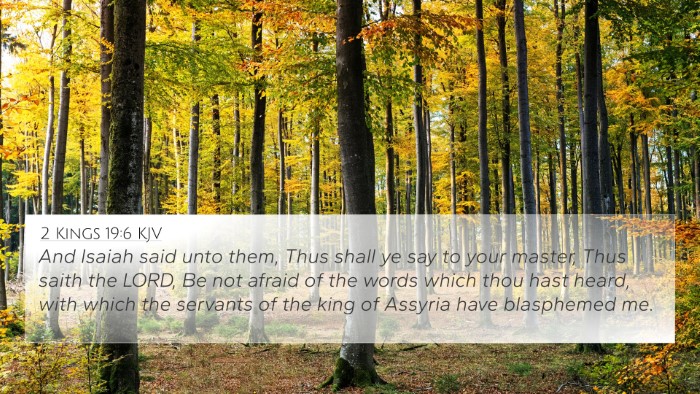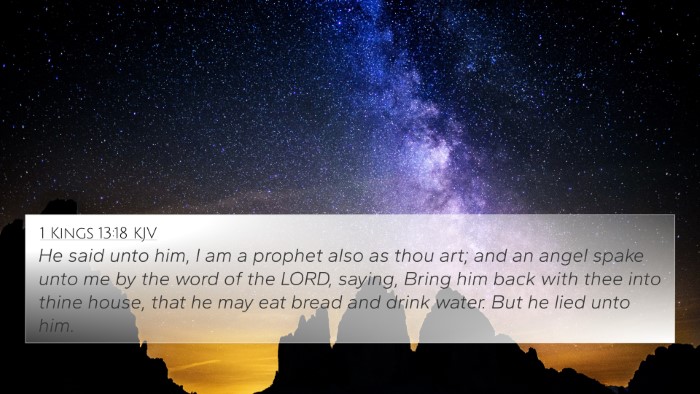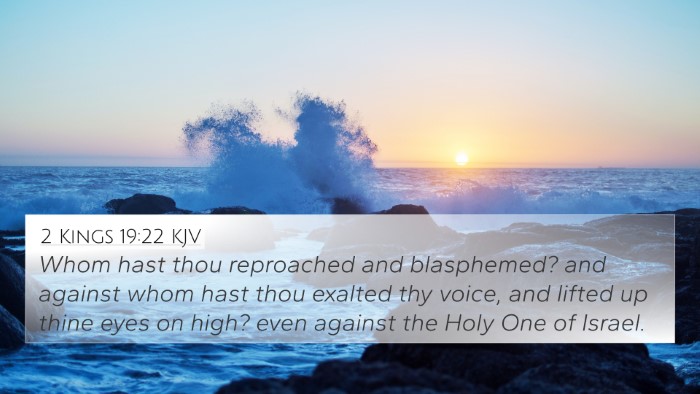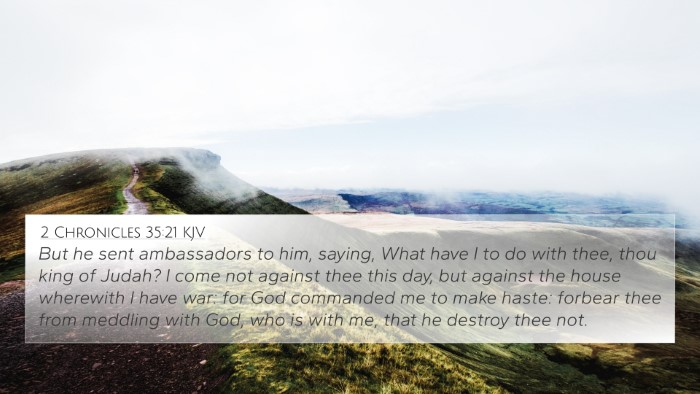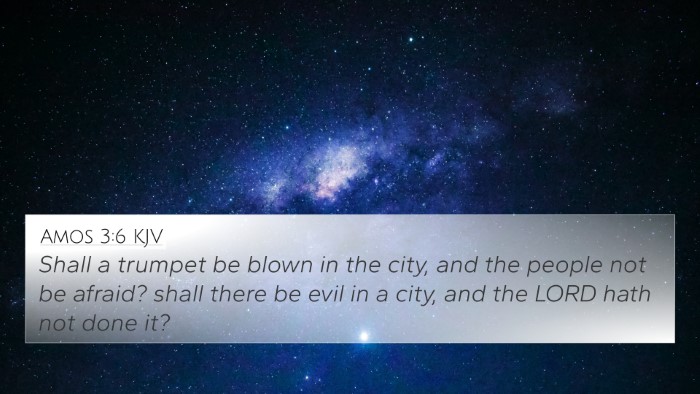Understanding 2 Kings 18:25
2 Kings 18:25 states: "Am I now come up without the LORD against this place to destroy it? The LORD said to me, Go up against this land, and destroy it." This verse denotes a critical moment in the biblical narrative during the siege of Jerusalem by the Assyrian King Sennacherib. Below is a comprehensive analysis of its meanings and interpretations, drawing on insights from established public domain commentaries.
Contextual Overview
This verse occurs within a tense backdrop of military conflict and spiritual fidelity. The Assyrian Empire, under King Sennacherib, threatened Judah, and Hezekiah's leadership faced a grave challenge. The mention of the Lord's command signifies divine direction in the context of warfare.
Commentary Insights
-
Matthew Henry's Commentary:
Henry emphasizes that this verse reflects the ultimate sovereignty of God over nations and kings. The Assyrian envoy attempts to undermine the people's faith by questioning God's protection over Jerusalem. The repeated assertion that he comes with divine endorsement is critical to understanding the nature of prophetic counsel during times of crisis.
-
Albert Barnes' Commentary:
Barnes highlights that the phrase "without the LORD" signifies the importance of divine support in any military endeavor. He suggests that the strategy of the Assyrians involved not only physical warfare but also psychological warfare aimed at instilling fear among the Israelites, questioning their reliance on God.
-
Adam Clarke's Commentary:
Clarke stresses the implication of prophecy in this account, indicating that God’s guidance was not only necessary but actively present in the conflict. He reflects on the terms used by Sennacherib, pointing out the irony in believing that God would not protect His people during a crisis He had foreseen.
Thematic Connections
This verse reflects several themes prevalent throughout Scripture, aligning with broader narratives regarding:
- Divine Sovereignty
- The Role of Prophets
- Faith Amidst Adversity
- The Assurance of God's Deliverance
Bible Verse Cross-References
To fully grasp the implications of 2 Kings 18:25, consider the following related verses:
- Isaiah 36:10 - Illuminates the Taunt by Sennacherib regarding reliance on God.
- 2 Chronicles 32:16 - Key insights about the Assyrian threats against Jerusalem.
- Isaiah 37:6-7 - God’s assurance through Isaiah amidst the threats of Sennacherib.
- Hebrews 13:6 - The assurance of God’s help in times of distress linked to faithfulness.
- Psalm 46:1 - God as a refuge, reinforcing trust amidst troubles.
- Jeremiah 1:19 - God’s protection over His people against adversaries.
- Romans 8:31 - Highlights the concept that if God is for us, who can be against us?
Practical Application
Understanding this verse in its full context encourages believers today to rely on God's guidance in difficult times. The challenges faced by Hezekiah serve as a reminder of the importance of faith, reliance on divine providence, and the assurance that God remains sovereign over our struggles.
Cross-Referencing Biblical Texts
This passage can also be explored through additional thematic connections throughout the Scriptures. Here are some methods for studying these links:
- Using a Bible concordance to find related themes and words.
- Employing a cross-reference Bible study to examine contextual clues.
- Identifying connections between Old and New Testament themes, especially regarding divine intervention.
- Exploring links between the Prophets and Apostolic teachings to understand the continuity of God's promises.
Conclusion
2 Kings 18:25 serves as a profound reminder of God's sovereignty during tumultuous times. By utilizing tools for Bible cross-referencing, believers can deepen their understanding of Scripture, enhancing their study and drawing meaningful connections to other biblical passages.



